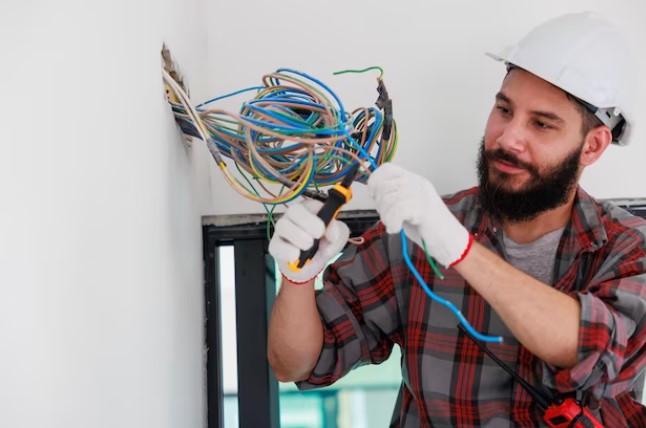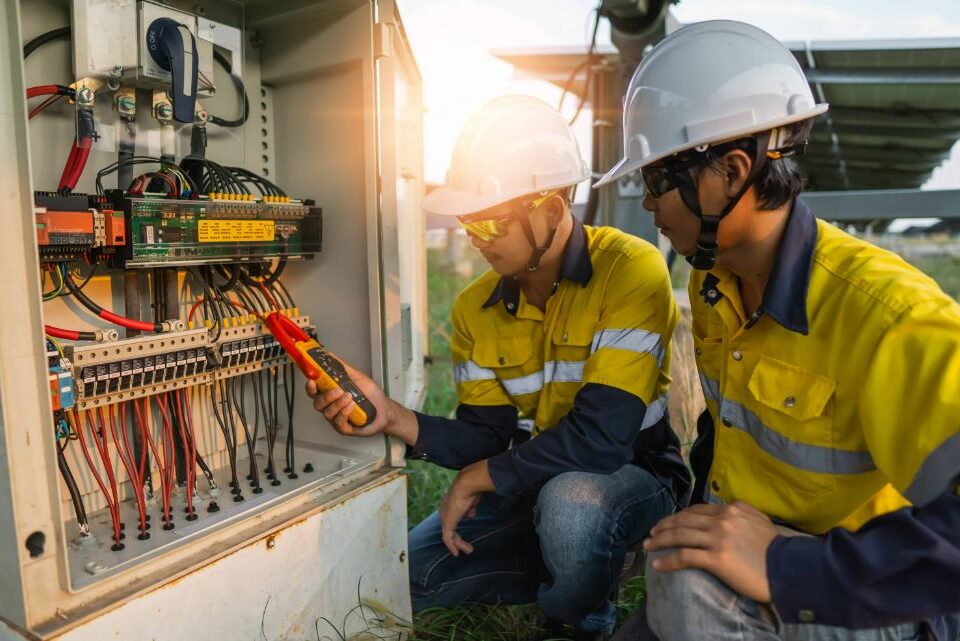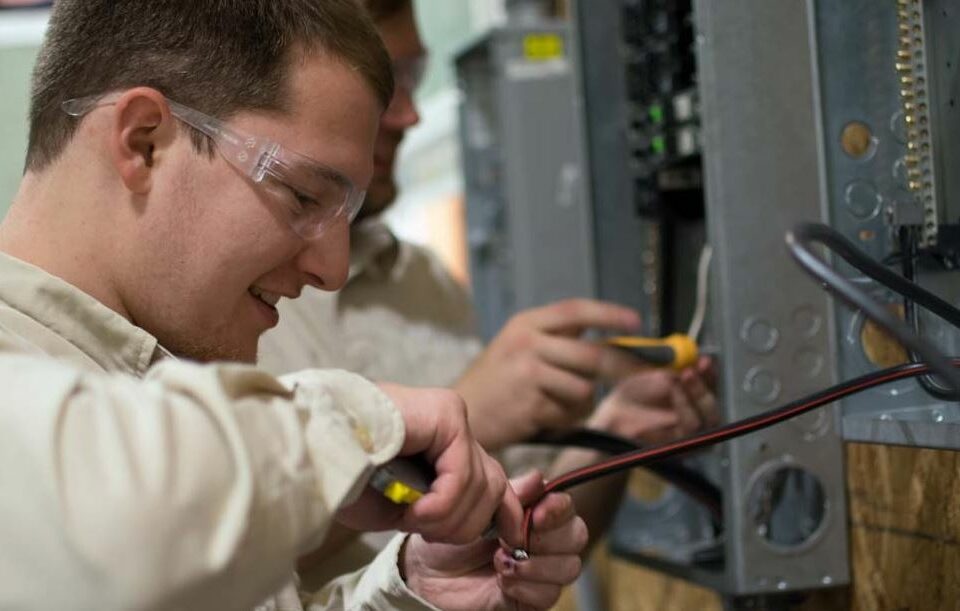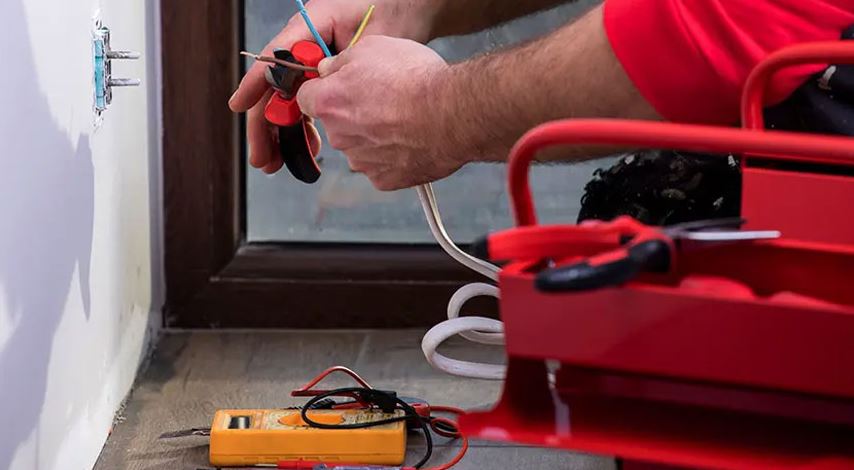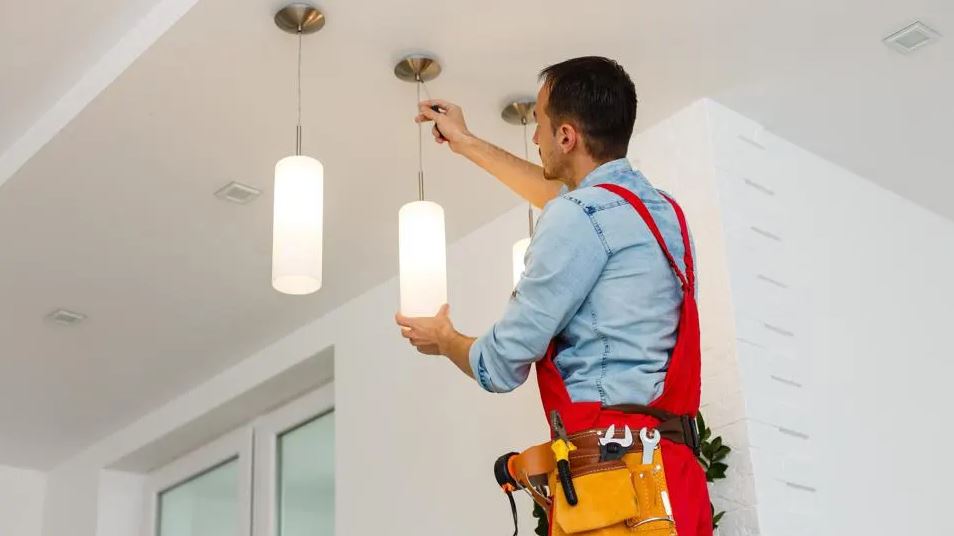What Questions Should You Ask Before Hiring A Residential Electrician?

How To Make Sure Your Electrician Is Qualified And Experienced?
June 21, 2023
Common Electrical Issues And How Professional Residential Electricians Solve Them
June 21, 2023When it comes to the safety and functionality of your home’s electrical system, hiring a qualified and experienced residential electrician is crucial. Whether you’re in need of repairs, upgrades, or installations, it’s important to ask the right questions before entrusting someone with such an important task.
With so many options available, it can be overwhelming to know which electrician is right for you. This article will provide guidance on what questions you should ask before hiring a residential electrician to ensure that you make an informed decision and receive quality service.
One of the first things to consider when searching for a residential electrician is their qualifications and experience. A licensed electrician has undergone extensive training and has passed certification exams that demonstrate their knowledge of electrical systems and safety practices.
Additionally, an experienced electrician will have completed numerous projects similar to yours, giving them a level of expertise that can only come from hands-on work in the field. By asking about these qualifications upfront, you can feel confident that your chosen electrician has the necessary skills to handle any issues that may arise during your project.
Qualifications and Experience: What to Look For
When seeking to hire a residential electrician, it is important to evaluate their qualifications and experience, as research shows that electrical malfunctions are responsible for nearly 51,000 house fires in the United States each year.
One of the most important qualifications to look for in an electrician is their licensing. Licensing ensures that the electrician has completed the necessary training and education and passed a rigorous examination process to become certified. Additionally, it ensures that they are up-to-date with current codes and regulations, which can vary by state.
Experience is another crucial factor to consider when hiring an electrician. Ask about their prior work experience and any specialized skills or certifications they may have obtained. It’s also important to inquire about past projects similar in scope to your own needs.
An experienced electrician will have handled a variety of situations and will be able to troubleshoot problems quickly while minimizing potential hazards. By evaluating both qualifications and experience when choosing a residential electrician, you can ensure that you are selecting someone who is knowledgeable, skilled, and trustworthy.
Checking References and Online Reviews
Evaluating the reliability of a residential electrician can be accomplished by analyzing their references and online reviews. When checking references, it is important to ask for at least three past clients who have used the electrician’s services. Contacting these clients will provide insight into the quality of work provided by the electrician, as well as their professionalism and communication skills. It is recommended to ask specific questions about their experience working with the electrician, such as how long it took for them to complete the job, whether they stayed within budget, and if they encountered any issues during the project.
Online reviews are also a valuable source of information when evaluating a residential electrician. Platforms such as Yelp, Google Reviews or Angie’s List offer unbiased feedback from previous customers which can be useful in determining whether an electrician has a history of providing satisfactory service. However, it is important not to rely solely on online reviews since some may be fake or biased due to personal interests.
A good approach would be to read through both positive and negative comments while keeping in mind that no company is perfect and there might be occasional unsatisfied customers.
Ensuring Safety and Efficiency in Residential Electrical Work
Ensuring safety and efficiency in residential electrical work is paramount for both the electrician and homeowner, as it reduces the risk of accidents and ensures compliance with building codes. Here are five important considerations to keep in mind when hiring an electrician:
– Licensing: It is crucial to verify that your electrician is licensed by the relevant state or local authority. This ensures that they have met certain standards of education, training, and experience necessary to perform electrical work safely.
– Insurance: In addition to a license, your electrician should also carry adequate insurance coverage. This protects you from liability in case of any accidents or damages caused during the course of your work.
– Permits: Depending on where you live, certain types of electrical work may require permits from your local government. Your electrician should be familiar with these requirements and obtain any necessary permits before starting the job.
– Quality materials: Using high-quality materials not only ensures better performance but also increases safety. Your electrician should use trusted brands and products that comply with safety standards.
– Guarantees/warranties: A reputable electrician will stand behind their workmanship by offering guarantees or warranties on completed projects. This provides you with peace of mind in case anything goes wrong after completion.
By keeping these considerations in mind when hiring a residential electrician, you can ensure that the job is done safely, efficiently, and up to code.

